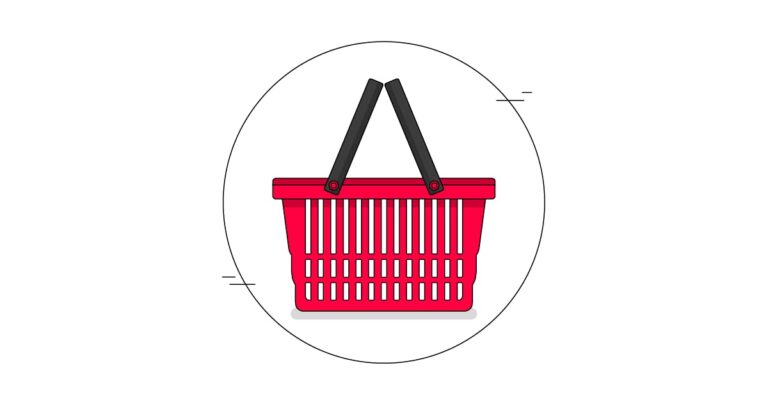Our findings clearly show that Covid-19 has accelerated a re-evaluation of the ways of doing business. Indeed, two-thirds (63%) of executives agree that their organisation’s business model has changed. Of this group, when asked how it has changed, 65% agreed that their organisation has made a long-term change towards moving from products to services (see figure 1).
When asked why, this particular group are most likely to regard the ‘sheer complexity and number of data sources’ (45%), followed by ‘unreliable data sets’ (37%) as factors holding them back.
Manufacturers are adopting new operating models
This is seeing companies designing and selling more personalised solutions to deliver ongoing value and revenues rather than one-off sales. Manufacturers are combining physical products with added value services such as services contracts, subscription contracts or even digital services.
The global pandemic hit the manufacturing sector particularly hard, exposing massive pain points within the global supply chain. In effect, this separated leading experience-centric manufacturing companies from lagging manufacturers that have ignored the trends in digital experience transformation. Manufacturers who could adapt their models and pivot rapidly into the D2C space saw tremendous gains, while others stumbled.

The rising use of digital channels creates added complexity
These changes have also impacted manufacturer sales strategies and lead generation tactics. Our survey shows increasing use of digital engagement channels like websites/digital portals (rising 38% compared to 12 months ago).
Download the report, Thriving in the New Digital Era.
But it’s also injected more complexity into a scenario that was not simple to begin with. According to Gartner, typical buying groups for complex B2B solutions involve six to 10 decision-makers, with journeys rarely playing out in a predictable, linear order. The challenge of meeting customers’ expectations for joined-up, personalised experiences has never been more significant.
In short, successful manufacturers transform themselves by embracing digital experiences that connect with and delight customers in bold new ways. With the correct data and integrated experience, and commerce technologies, even lagging manufacturers can rapidly innovate.
The importance of solid tech foundations
Download the report to review the findings in more detail and access Econsultancy’s recommendations to help you build your organisation’s digital maturity.
It is clear that for manufacturers to move into new markets, drive new revenue streams and, critically, evolve into customer-centric organisations, having the right technology in place is fundamental. Unsurprisingly, therefore, our research reveals that when asked about their plans to overcome barriers to improving the digital experience, ‘implementing new technology platforms‘ came out as the top response (39%).
But while the right technologies can ensure competitiveness, drive better ROI and deliver engaging CX, effective integration is also critical.
This is underlined by figure 2, below, which illustrates the link between levels of martech stack integration and the ability to personalise the digital experience today. Of those that describe their level of integration as ‘fair’, only 4% claim their digital experience is dynamically tailored for each customer using machine learning where appropriate.

The way forward: the importance of investing and integrating new tech
While digital offers organisations multiple opportunities to get closer to the customer and create new revenue streams, capitalising on these relies on integrated supply chains, close collaboration between sales, engineering and manufacturing, and the ability to analyse the correct data.
Tellingly, executives in our survey feel their organisation may not be up to the task. Half agree they have ‘low’ (9%) to moderate (i.e. ‘some’, 41%) trust in their available data to direct and optimise marketing and customer experience.

What should manufacturing executives be doing next?
Through a survey of 467 manufacturing executives across the UK and Europe. Econsultancy, in partnership with Coveo and Sitecore, sought to explore how these winners are transforming their business.
Any digital transformation requires overcoming significant complexity to meet B2B CX experiences or move into entirely new markets through D2C strategies. For many, the solution is to invest in technology. Indeed, Gartner estimates manufacturers will spend 5.8bn on IT by 2025 to prioritise a shift towards meeting changing CX expectations.
However, some technologies will shift the CX needle more than others. Illustrated in figure 3, below, the technologies likely to have the most significant impact on organisations’ CX are: ‘customer data platforms to optimise data management’ (37%) and a ‘new or upgraded digital experience/ecommerce platform’ (37%).






